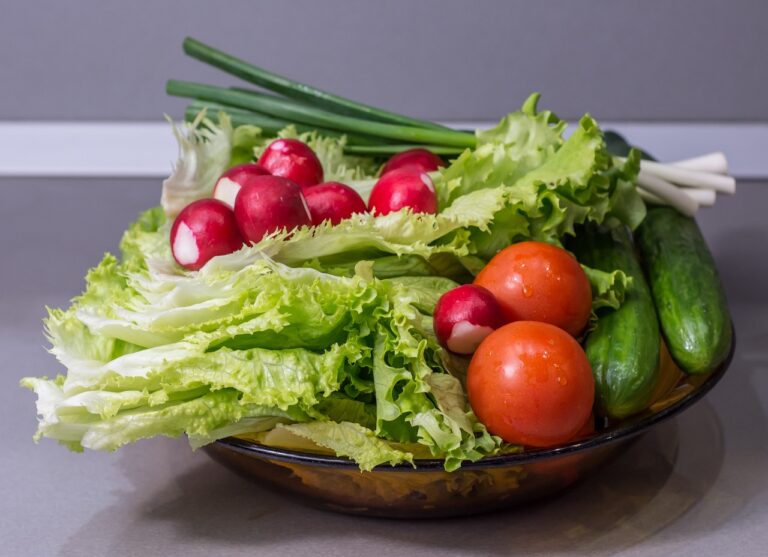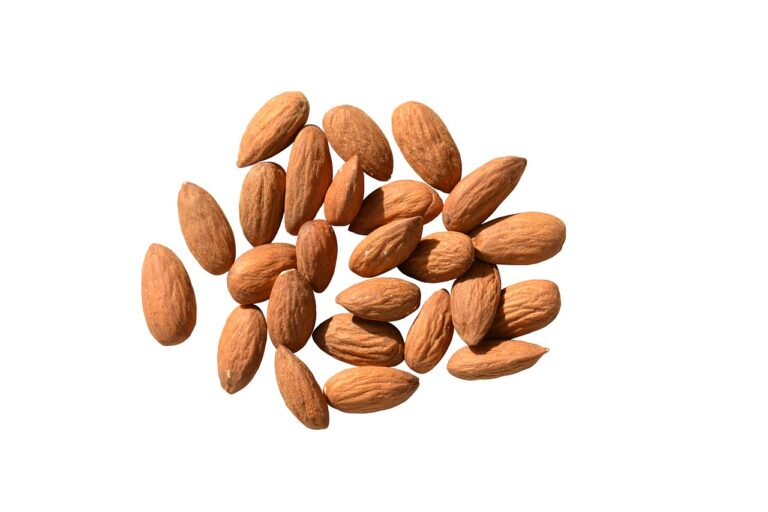The Role of Dehydration in Sauce Concentration
allpanelexchange, lotus365 book, laser book 247:Dehydration is a process in which the water content of food is removed, leading to a reduction in volume and an increase in flavor concentration. In the world of cooking, dehydration plays a crucial role in sauce-making, particularly in the process of sauce concentration. In this article, we will delve into the role of dehydration in sauce concentration, exploring how this process enhances the flavor and texture of sauces.
The Role of Dehydration in Sauce Concentration
Sauce concentration involves the reduction of a liquid mixture to a thicker consistency, intensifying the flavors and enhancing the overall richness of the sauce. The process of dehydration aids in this concentration by removing the excess water content from the sauce, allowing the flavors to be more concentrated and pronounced.
When a sauce is heated and dehydrated, the water molecules begin to evaporate, leaving behind a more concentrated mixture of flavors. As the sauce reduces in volume, the flavors become more robust, creating a depth of taste that is not achievable with a thin, watery sauce.
Dehydration also helps to thicken the sauce, as the reduction in water content leads to a more viscous texture. This thickness not only enhances the mouthfeel of the sauce but also allows it to coat ingredients more effectively, creating a cohesive and flavorful dish.
One of the key benefits of using dehydration in sauce concentration is the ability to intensify the natural flavors of the ingredients. By removing excess water, the flavors are concentrated, allowing the individual components of the sauce to shine through. This leads to a more vibrant and complex flavor profile, elevating the overall quality of the dish.
Furthermore, dehydration helps to preserve the sauce by reducing its water content. Since water is a breeding ground for bacteria and other microorganisms, removing excess water through dehydration can extend the shelf life of the sauce, keeping it fresher for longer.
Overall, the role of dehydration in sauce concentration is essential for creating rich, flavorful sauces that enhance the taste and texture of a dish. By removing excess water and intensifying the flavors, dehydration plays a crucial role in elevating the quality of a sauce and transforming it into a culinary masterpiece.
FAQs
Q: What types of sauces benefit from dehydration in the concentration process?
A: A wide variety of sauces can benefit from dehydration in the concentration process, including tomato-based sauces, reduction sauces, and pan sauces.
Q: How can I tell when a sauce has been sufficiently dehydrated and concentrated?
A: A sauce is considered sufficiently dehydrated and concentrated when it has reached the desired thickness and flavor intensity. It should coat the back of a spoon and have a rich, velvety texture.
Q: Are there any tips for dehydrating sauces effectively?
A: To dehydrate sauces effectively, it is essential to use low heat and simmer the sauce gently to avoid scorching. Stir the sauce frequently to prevent sticking and monitor the consistency as it reduces.
Q: Can dehydration alter the nutritional content of a sauce?
A: Dehydration can lead to a concentration of nutrients in a sauce, as some vitamins and minerals may become more concentrated as the water evaporates. However, the overall nutritional content of the sauce may vary depending on the ingredients used and the cooking method employed.







